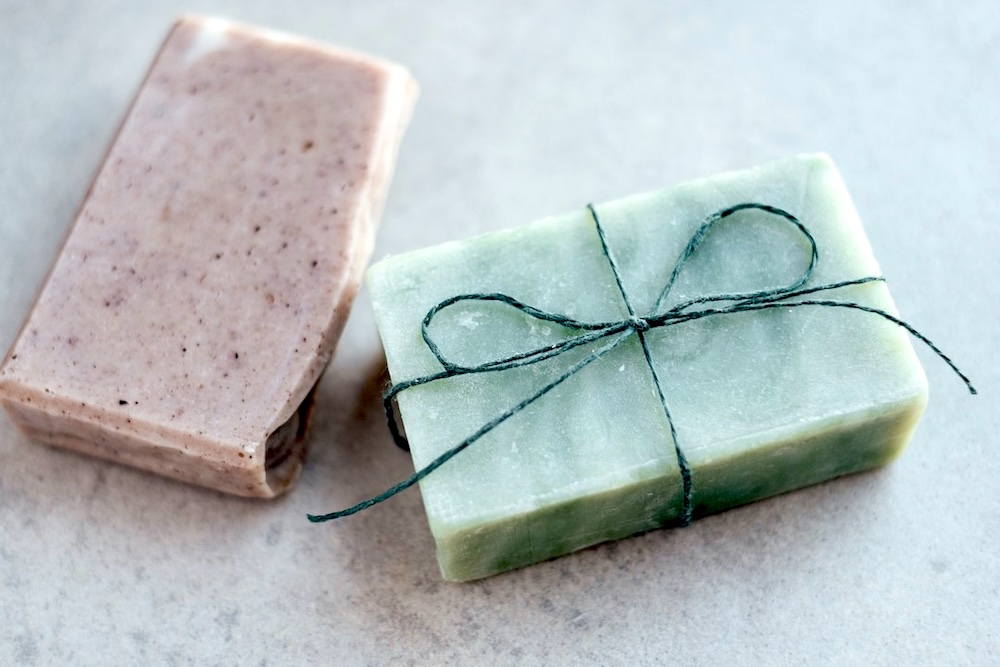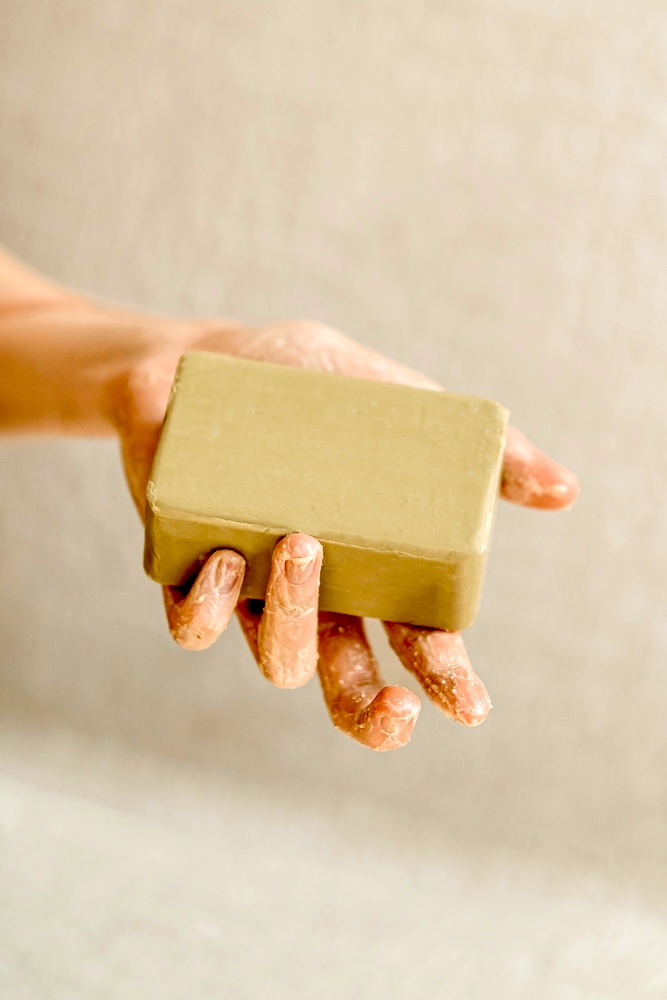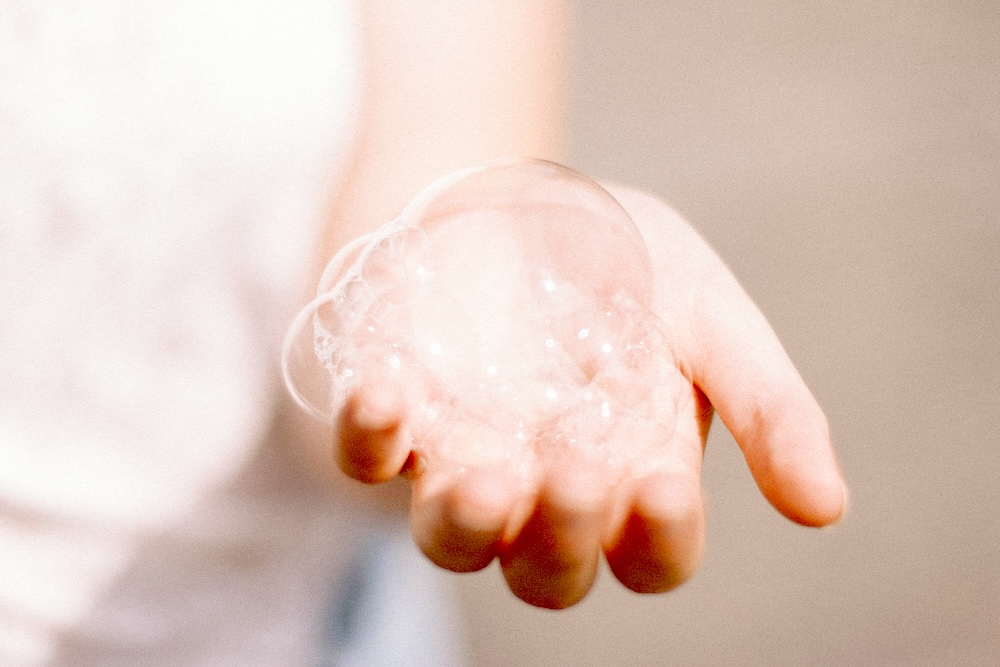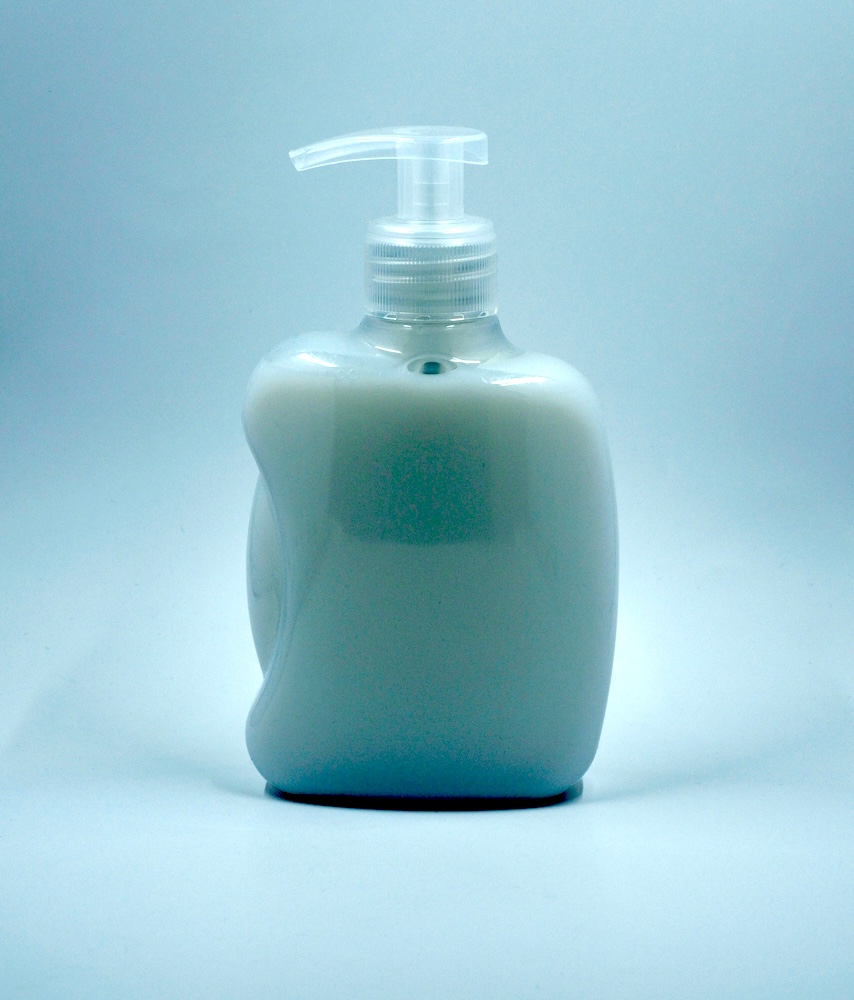Bar soap isn’t unhygienic. And it’s better for the planet, too

Is bar soap actually dirty? Yes and no | Photo by freestocks on Unsplash
Bar soap gets a bad reputation for being “dirty.”
The word “dirty” is in quotation marks because it’s just lying there out in the open and different people touch it. Many people prefer liquid hand soaps instead. It’s sealed in bottles and only dispenses however much you need. The contents don’t make contact with other things, which also gives people the impression that it’s “cleaner.”
Bar soap’s communal nature makes people think that the more people are touching it, the dirtier it gets. This is true for almost everything, including door handles, your phone, and other surfaces. But wouldn’t the fact that bar soap is soap cancel out the germs?
There’s scientific evidence that says bar soap is in fact dirty, but that doesn’t mean we shouldn’t use it.

Bar soap gets a bad rep for being deemed dirty | Photo by Mathilde Langevin on Unsplash+
In 1984, a group of scientists tested for the amount of bacteria accumulated on bar soap. What they discovered was that while the exterior of the bar soap was dirty, people could simply wash it away and proceed as normal.
There’s also no evidence supporting the idea that bar soaps can cause cross-contamination and spread germs and bacteria—even during the pandemic.
What makes soap (as well as other types of washing detergents) effective isn’t necessarily the soap itself, but the friction that comes with rubbing. We clean our hands (and our clothes) by thoroughly sudsing them together to scrub off any of the accumulated grime. The dirt and bacteria then go with the soap and down the drain.

Using liquid hand soap means there’s less friction | Photo by Matthew Tkocz on Unsplash
When using liquid hand soap, there’s less of that friction because we just pump the soap onto our hands. With bar soap, we’ll have to rub the bar under running water before we can use it. The more friction, the cleaner the wash.
Aside from being hygienic, using bar soaps can also be better for the environment.
There’s a lot less packaging that goes into bar soap. Liquid hand soaps (even the refillable kinds) still need a lot of plastic to keep it safe. Most solid soaps come in a paper box. Liquid soap also needs five times more energy for raw materials and 20 times more energy for packaging to produce than their bar counterpart, which makes it the clear winner in terms of environmental impact.

Liquid soaps use more plastic packaging | Photo by Brett Jordan on Unsplash
It’s also likely that we’re using more liquid soap than we need. A study published in 2009 discovered that on average, people are using seven times more liquid soap than needed to clean their hands. In short, it’s money going down the drain.
Bar soap is cheaper, better for the environment, and cleans just as well as its liquid counterparts. Soap is just soap, no matter what form it comes in.

